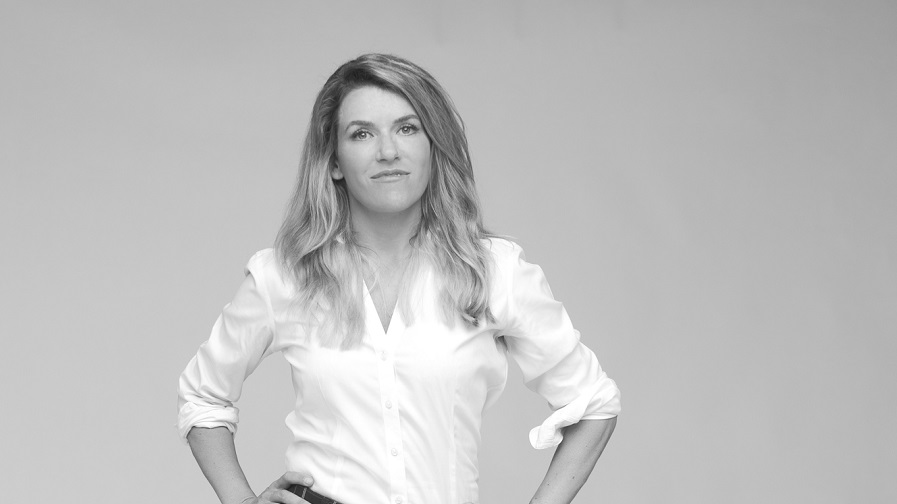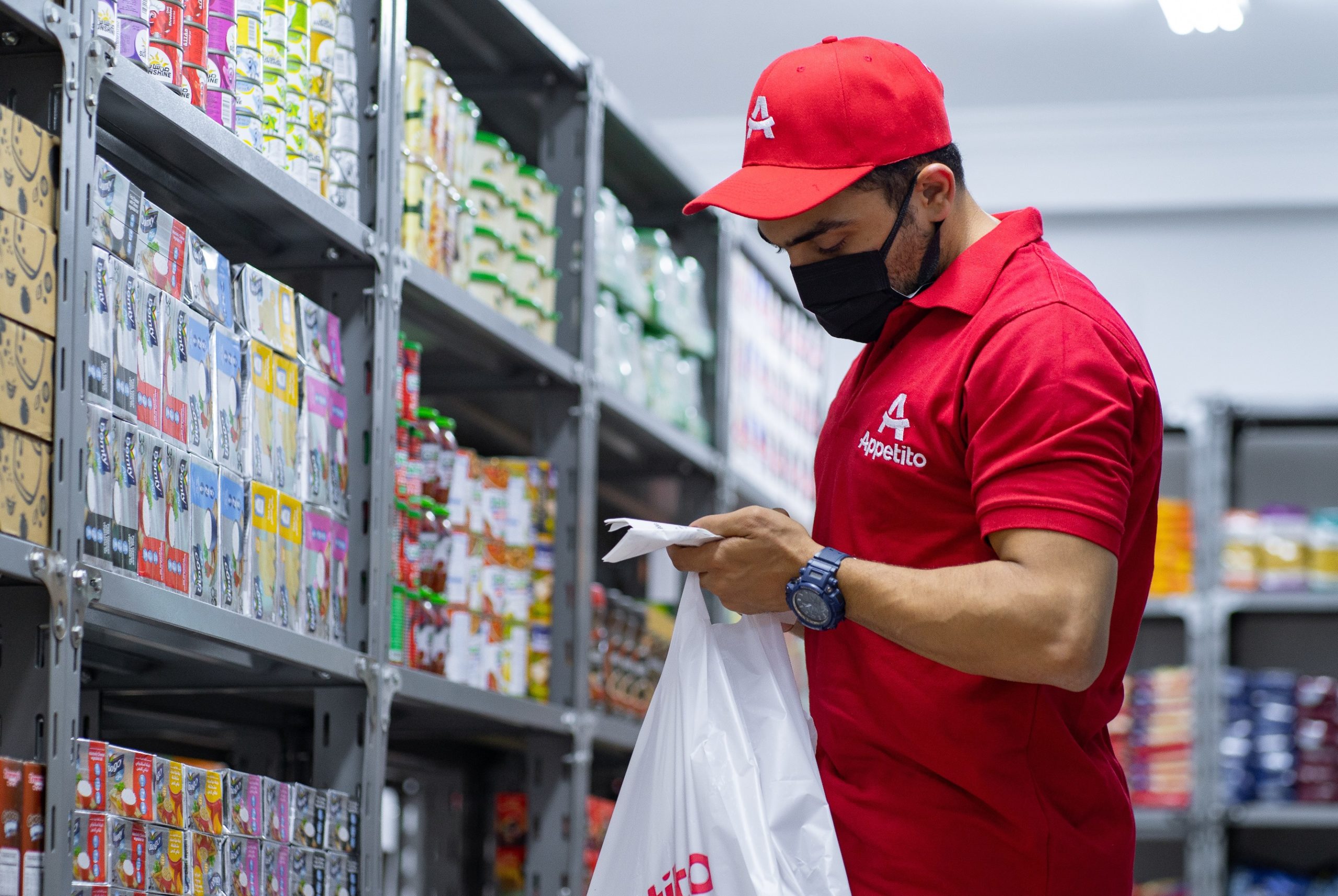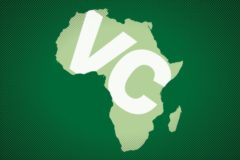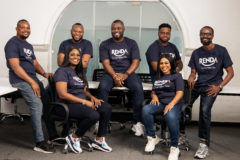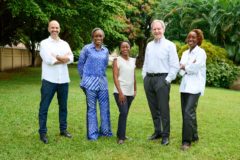Founded in 2016 by Niklas Adalberth, one of the founders of Swedish fintech unicorn Klarna, Norrsken Foundation was set up to help entrepreneurs solve the world’s biggest challenges through its Norrsken House, a Stockholm-based co-working space for over 350 impact entrepreneurs, the Norrsken Founders Fund, and Norrsken VC.
In 2019, the foundation set up a base in Rwanda, through which it planned to invest across the East and Central African region. Last year, it accepted 11 African startups into the inaugural Norrsken Impact Accelerator.
Norrsken is now working with Hans Otterling, partner at Northzone, and an investment team led by Natalie Kolbe, ex global head of private equity at Actis in South Africa; Actis colleague Ngetha Waithaka in Kenya; and Lexi Novitske, founder of Acuity Venture Partners, on the new Norrsken22 Africa Tech Growth Fund.
The fund, backed by 30 unicorn founders, contributing their skills and $65 million in funding, announced its first close of $110 million on Tuesday. Olugbenga Agboola, co-founder of Flutterwave and Niklas Zennström, co-founder of Skype are some of these backers. Norrsken22 is managed by a team of general partners involved in the African tech ecosystem, with decades of experience supporting entrepreneurs in Kenya, Nigeria, and South Africa.
TechCabal caught up with Novitske to discuss the inspiration behind Norrsken22, its investment criteria, the current venture capital landscape in Africa, and what sectors she thinks the next set of African unicorn startups will emerge from.
Michael: What inspired the move to back growth-stage startups in Africa?
Novitske: Through my firm Acuity (and its predecessor Singularity Investments) we were active investors in early-stage companies across Africa. We co-invested with many other local investors. What we saw was that, as our companies scaled across the continent there was not sufficient local capital to back these growth-stage rounds. Our investee companies like Mono, Flutterwave, mPharma were pushed to take time away from their business on the ground to travel to Silicon Valley and educate international investors about the Africa growth story. These same investors have certainly seized the opportunity, but their capital can only go so far in providing the value these companies need to scale. This was the obvious missing middle to me – be the partner that these companies can leverage to lock down the best customers, identify the best local talent, and provide regulatory, cultural, and strategy expertise when scaling from one African market to another.
Michael: Norrsken22 has 30 unicorn founders and a local advisory council board comprising leading African business figures. What was it like getting everyone on board?
Novitske: Our Unicorn Board members are an incredible resource for our fund. These successful founders of billion-dollar-plus businesses are all committing capital as investors, but beyond that, they are committing their time and network to unlock the toughest challenges some of our partner companies might face. They’ve been through the experience of scaling similar businesses in other markets, and may even end up being strategic partners for our companies. Likewise, our Advisory Council has built some of the largest businesses traversing the African continent and has insights and connections that are invaluable to our companies. Some of these individuals are excited to share their insights to create the next generation of entrepreneurs. For others, they understand that Africa tech is one of the great investment opportunities of our time and want to play an active role in building value for their investment interests. And for others it’s more strategic: they see Africa as a market that they would like to expand their business into through partnerships or acquisitions, and they want to start building these relationships now.
Michael: What are the investment criteria at Norrsken22? What will make you consider a startup for investment?
Novitske: We have taken a narrow focus on our investment criteria. Not because we don’t believe there are no other attractive investment opportunities outside of our mandate, but because we want to be absolutely the best at what we do. Our resources are dedicated to backing companies from the Series A to C rounds, with real customers, repeatable revenue, attractive unit economics, and in our primary markets and sectors. These primary markets are Nigeria, Ghana, Southern Africa, and Eastern Africa. This is also where we have a team on the ground that can really identify and support our partner companies. It’s important to mention that we have set aside approximately half of our funds to support our portfolio champions throughout their lifecycle. Innovation success stories sometimes take time to unlock, and we are committed to being there for the journey.
Michael: Where (what sectors) do you think the next set of Africa’s unicorn startups will emerge from?
Novitske: We believe the most scalable opportunities today are in fintech, market enablement, healthtech, and edutech. These are also the sectors that we believe are solving some of Africa’s key societal problems. Market enablement includes software, marketplaces, and APIs [Application Programming Interface] that are unlocking more efficient trade, logistics, and customer engagement. We are especially excited about the crossover of these two sectors in areas such as embedded finance. And I do not believe everything has already been done in fintech – there are many opportunities still to be unlocked!
Michael: What’s your impression of the current VC landscape in Africa?
Novitske: I am very excited by the transformation I have seen in the VC landscape on the continent; but even more excited by the energy of the tech entrepreneurs. There are really great teams building need-to-have products for a very large market opportunity, and frankly not enough capital to support their ambitions. Early-stage investors like Ventures Platform, 4dx, and Rabo (and some successful Africa tech angels) have done an incredible job investing and supporting early-stage companies, but there is still a dearth of capital at the growth stage on the continent. In 2021, there were only 114 deals that had larger than $5 million rounds; compared with the total 818 deals done on the continent above $100k (as per Briter Bridges). That number drops off sharply when you’re looking at deals over $10 million.
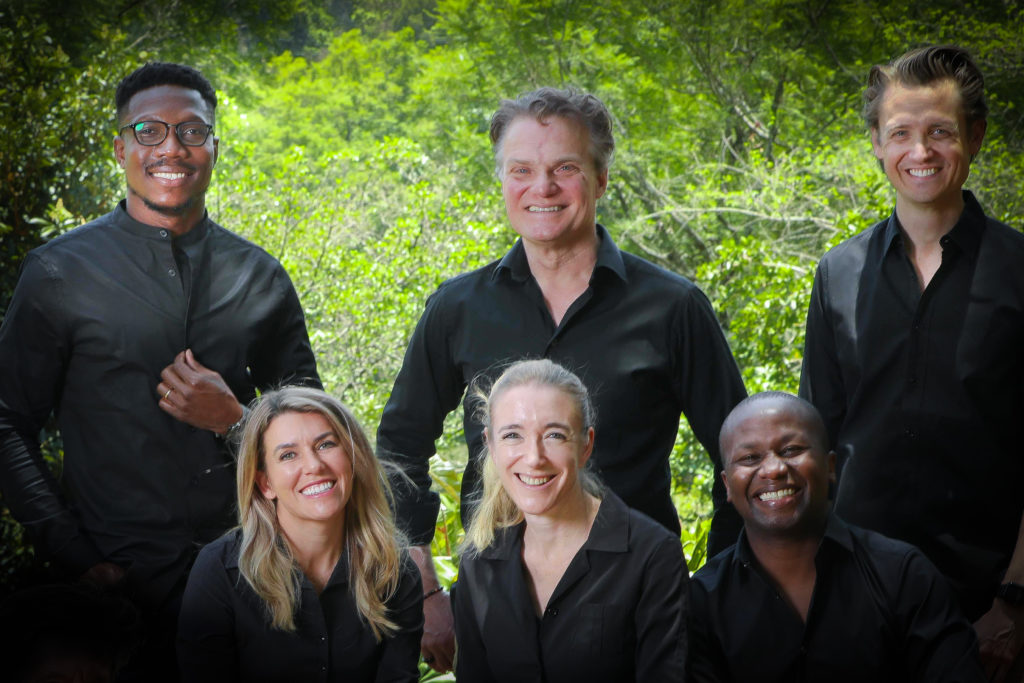
Michael: There is still some lethargy on the side of African and Africa-based investors. Are there any implications for the ecosystem?
Novitske: Entrepreneurs are the machine that drives the growth in tech ecosystems, but investors are the oil. An investors’ job is to provide resources behind the top teams to help them realise their company’s potential, and resources is NOT just cash. Local investors have insights from doing businesses on the continent or networks that no international investor can have, even if they have the deepest pockets. We have started to see real exits happen and real money flowing in, and Africa-based investors are getting excited. I think the more local capital and expertise that can be deployed, the faster we will realise the evolution of sustainable ecosystems, wealth creation, and access to scalable services to empower the mass population on the continent.
Michael: How can we drive even more local VC participation in the startup ecosystem?
Novitske: Africa has a population of 1.2 billion, where 60% are below 25 years old. In the next decade, this young, digital-first generation will change the world. Technology is enabling the region to leapfrog legacy industries and is pivoting key sectors. I believe it’s obvious that the emerging tech ecosystem in Africa offers one of the great investment opportunities of our time. If that isn’t reason enough for VC participation, I’m not sure what is.
I also want to applaud the ecosystem builders that are working on initiatives that make doing business easier for startups, including the StartUp Bill in Nigeria, and similar initiatives in Kenya and South Africa. I should also highlight that the Norrsken Foundation will re-invest its portion of the capital generated by Norrsken22 back into supporting entrepreneurship, to further promote the growth of the African tech ecosystem and a new generation of tech founders.
If you enjoyed reading this article, please share it in your WhatsApp groups and Telegram channels.







